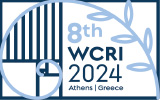
Steneck-Mayer lecture
The biannual WCRIs were founded by Prof. Nick Steneck and Prof. Tony Mayer in 2007. They aimed to create an international conference that takes a broad perspective on research integrity and emphasises discussion, exchange of ideas, and useful outcomes. They also wanted to include representatives from all organisations spanning the research process, such as universities, research institutes, government agencies, research funders and academic publishers. The Steneck-Mayer Lecture, inaugurated in 2022, acknowledges the invitee’s substantial contribution to the field of research integrity. In keeping with the founding principles of the WCRIs, the lecture focuses on one or more important issues that affect researchers, research institutions, and the research system at large. It is intended to be an original, insightful, creative, and inspiring contribution to the Conference. Professor John Ioannidis will deliver the 2024 Steneck-Mayer Lecture.
John P. A. Ioannidis
- Professor of Medicine (Stanford Prevention Research), of Epidemiology and Population Health and (by courtesy) of Biomedical Data Science and Statistics at Stanford University
- Co-Director of the Meta-Research Innovation Centre at Stanford (METRICS)
- Member of the US National Academy of Medicine and the European Academy of Sciences and Arts
- President of the Association of American Physicians and former President of the Society for Research Synthesis Methodology
- Editorial board member/Editor of many top-ranked medical journals
Reproducible research: Progress made across disciplines
Professor John P.A. Ioannidis, MD, DSc, was born in New York City in 1965 and raised and educated in Athens, Greece. He studied medicine at the National University of Athens (1990), where he also received a DSc in biopathology. He undertook further training at Harvard and Tufts (internal medicine, Infectious diseases) and has held leadership positions at NCI/NIH, Johns Hopkins, Tufts, the University of Ioannina Medical School and Stanford University (where he continues to work), and adjunct professor positions at Harvard and Imperial College.
At Stanford University, he was initially Director/C.F. Rehnborg Chair at Stanford Prevention Research Center, then diversified with appointments in four departments and membership in eight centres/institutes. With over 1361 journal publications, he is among the six scientists worldwide who are currently the most commonly cited in clinical medicine and social sciences, and his PLoS Medicine paper on “Why most published research findings are false” is the most-accessed article in the history of the Public Library of Science (>3 million hits). His 2010 Atlantic award as Brave Thinker Scientist acknowledged that he “may be one of the most influential scientists alive”. Over his career, he has received many prestigious national and international awards, honorary lectureships/visiting professorships and honorary doctorates.
Professor Ioannidis has dedicated his research career to enhancing research integrity by improving research methods and practices that optimise the chances of getting more reliable, trustworthy and useful research evidence. He has focused on foundational and theoretical work and empirical meta-research on clinical trials, epidemiological research, basic and translational biosciences, animal studies, social sciences and other fields.
In 2014 he launched the METRICS Center at Stanford, which works on the interdisciplinary enhancement of existing research methods for study design and analysis, and in developing and applying new research methods. Some of his most influential papers, in terms of citations, address issues of reproducibility, replication validity, biases in biomedical research and other fields, research synthesis methods, extensions of meta-analysis, genome-wide association studies and agnostic evaluation of associations, and validity of randomised trials and observational research. He also designed, steered and participated in influential randomised trials (in particular, the major trials that decisively changed the management and outcome of HIV infection, but also trials in nephrology and antibiotic use in the community) and large international consortia that have helped transform the efficiency of research in diverse fields of genomic, molecular and clinical epidemiology.






